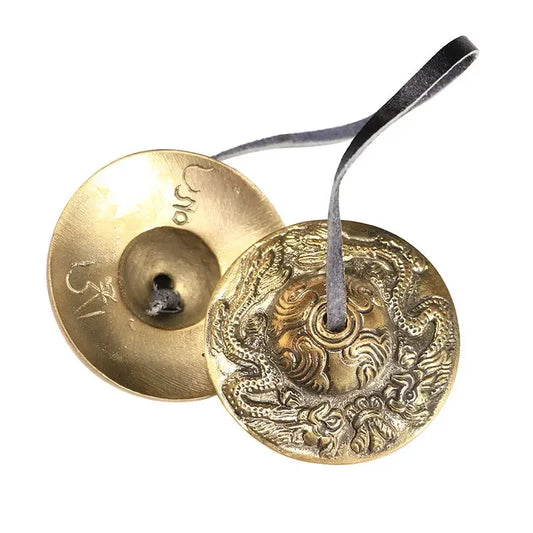
The Environmental Science Behind Qi Energy
We can regard Feng Shui as a form of "Architectural I Ching," a blend of traditional Chinese architecture, environmental psychology, and geographic principles. The origins of Feng Shui lie in humanity's desire to harmonize with nature, acting as a method of self-improvement. Originally, there was nothing mysterious about it, but in times when knowledge of geology, magnetism, meteorology, hydrology, architecture, and human physiology was lacking, people could only interpret their environment and explain various phenomena based on the scientific understanding of the time. Concepts such as Yin-Yang, the Five Elements, and the Eight Trigrams of the I Ching thus became foundational theories of Feng Shui.
According to Sun Fengqi, head of the Landscape Research Institute at Tsinghua University's Department of Architecture, Feng Shui is not entirely superstitious. It involves practical guidelines, such as where to build houses based on environmental factors—ideas that are scientifically grounded. Ancient Feng Shui emphasized the relationship between humans, buildings, and the environment. He uses the example of Beijing’s traditional siheyuan (courtyard houses), where residents often appear healthier compared to those living in high-rise buildings. This is because courtyard homes allow for better ventilation and outdoor activity, factors essential to good health. As Sun remarks, "If a person’s health cannot be guaranteed, how can they have the energy to earn a living?"
Professor Han Zenglun also highlights the importance of Feng Shui in ancient China’s approach to courtyard design, where the layout of plants, rocks, and water features was intended to promote both mental and physical well-being. He argues that modern Feng Shui should integrate these traditional insights with contemporary environmental science, architecture, and landscape design to study how spatial arrangements, materials, and aesthetics affect human physiology and psychology.
However, Professor Cai Dafeng of Fudan University warns against exaggerating the scientific elements in Feng Shui. He acknowledges its cultural and architectural value, but criticizes its commercial exploitation in modern society, where its original teachings have been distorted for profit. This misuse can mislead people, diminishing Feng Shui's legitimate role as a tool for creating harmonious environments.
The argument that Feng Shui is not purely superstitious lies in its foundation in empirical observations about the interaction between human life and environmental factors. While the terminology may seem mystical, the underlying principles—such as airflow, sunlight, and spatial arrangement—are scientifically valid. For instance, building homes in well-ventilated, sunlit areas promotes physical health, a fact acknowledged by modern environmental and architectural sciences. Moreover, Feng Shui’s integration of nature into living spaces reflects sustainability principles, aligning with modern ecological practices.
By understanding Feng Shui not as superstition but as a traditional environmental philosophy enriched by scientific understanding, we can apply its wisdom to enhance our living environments in a practical, healthy, and ecologically conscious way. The goal is not magic but creating spaces that promote well-being, comfort, and balance with the natural world.






